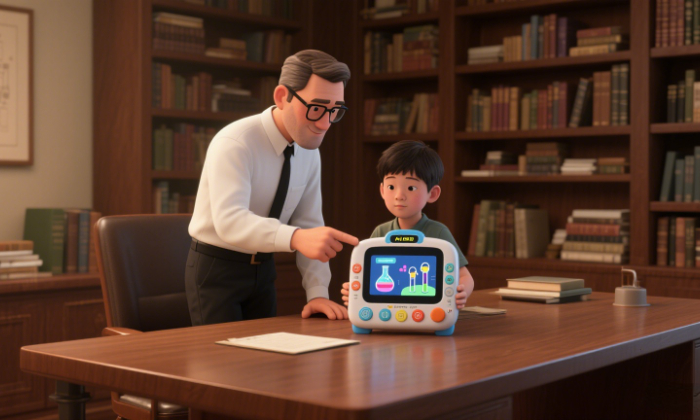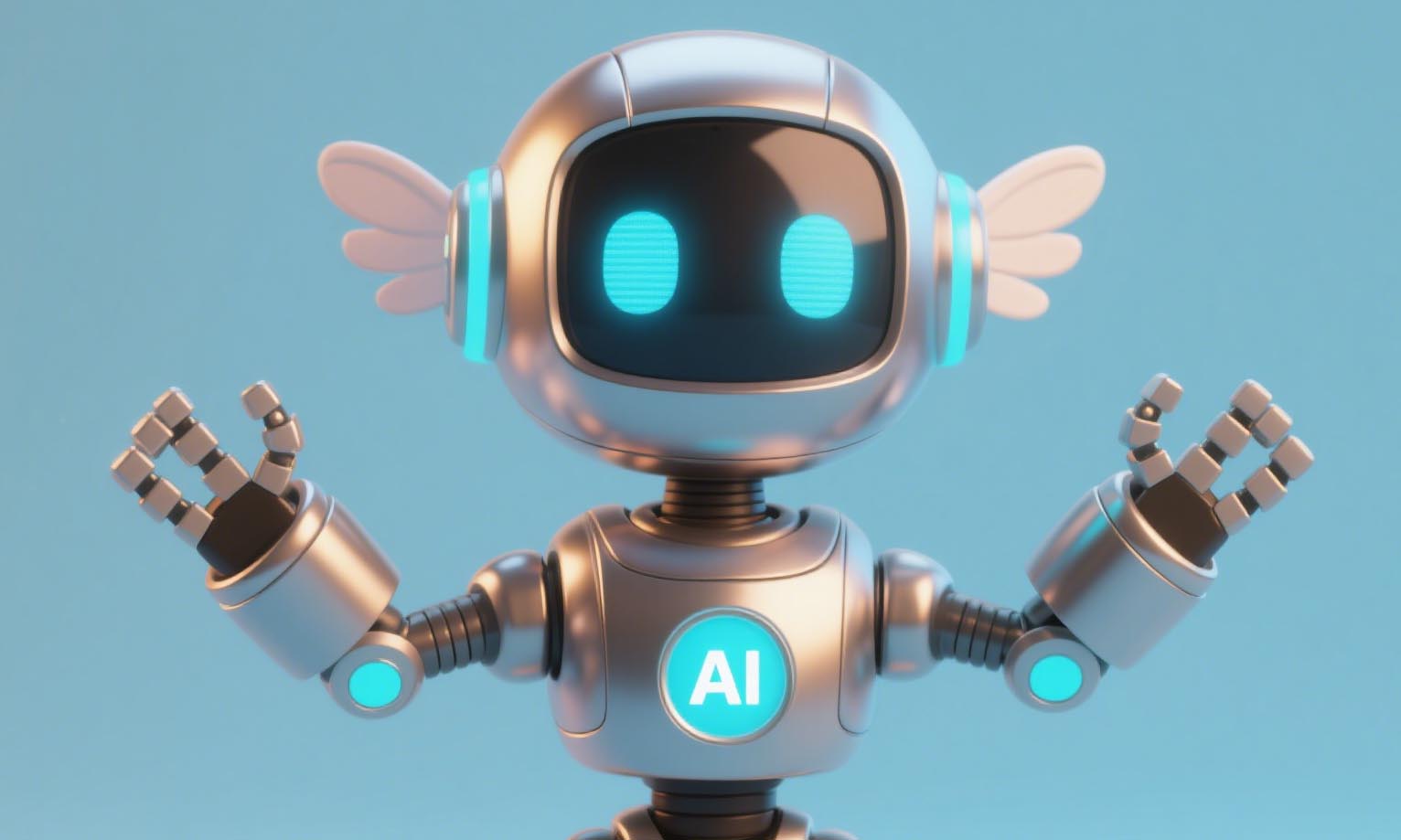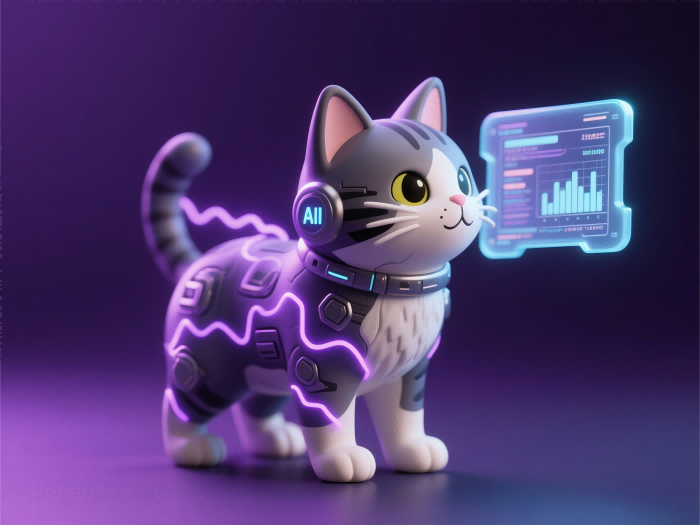AI Toys: A New Choice for Family Early Education
When five-year-old Mimi falls asleep hugging a plush pterosaur that tells dinosaur stories, her mother breathes a sigh of relief—this AI toy, priced under ¥200, accomplishes the mission of AI-powered early education as gently as rainfall. Empowered by PTALK AI technology, traditional toys have transcended their boundaries, evolving into next-generation family education AI assistants. They reshape early learning for millions of families through safety, intelligence, and customization.

Technological innovation drives this transformation. PTALK’s AI interaction module (25×45mm) functions as a miniature "education engine": with just 10mAh standby power, AI toys operate for a week without charging, while adaptive noise-canceling algorithms maintain 92% speech accuracy even in noisy environments—ensuring a child’s mumbled "Why is seawater salty?" is captured precisely. The software ecosystem gives toys an "educational soul": a zero-code platform allows parents to customize knowledge bases. For example, a dinosaur toy can become an AI-powered early education mentor, explaining Mesozoic ecosystems through role-play; building blocks transform into engineering teachers, teaching mechanics during bridge construction. Dual safety mechanisms reassure parents: AES-encrypted communications prevent data leaks, automatic content filtering blocks sensitive phrases, and parent apps audit interactions in real-time, making family education AI assistants trustworthy "third caregivers."
Market competitiveness stems from solving core family education challenges. PTALK redefines AI toys through three roles:
-
Early Learning Companion: Bilingual mode enables seamless Chinese-English switching, integrating astronomy vocabulary into space adventure games to make AI-powered early education part of daily life;
-
Emotional Connection Hub: Parents record bedtime stories via apps, while toys track cognitive development—turning cold tech into warm connections;
-
Social Skills Coach: Group intercom connects playmates, with prompts like "Share your drawing with Ming" fostering collaboration. A Zhejiang manufacturer’s success illustrates this: after embedding PTALK modules in plush bears, their "Forest Animal AI-Powered Early Education" subscription (¥10/month) attracted 80,000 families in six months. Parents view language analysis reports via apps, while toys act as family education AI assistants recommending personalized learning games—boosting the manufacturer’s profits by 35% and earning "innovative education brand" recognition.
Behind this shift lies upgraded business logic. PTALK’s tiered revenue-sharing model (30% for 10k+ subscribers) turns AI toys from one-time products into sustainable income streams. A Shenzhen block brand developed an "Engineering AI-Powered Early Education System": toys teach architectural history while guiding Eiffel Tower construction, with parent apps generating "spatial thinking growth maps"—here, AI-powered early education transcends toys to become digital infrastructure for family education.
Critically, PTALK adheres to an assistive role. When family education AI assistants algorithmically praise correct answers, a parent’s embrace remains central to emotional growth; while AI-powered early education delivers knowledge, parental guidance builds values. As reflected in parental controls: daily usage limits prevent dependency, and content moderation stays in guardians’ hands.
Where traditional early education tools cost thousands, PTALK’s ¥50/module enables accessibility. While parents struggle with educational apps, AI toys protect vision through screen-free interaction. This isn’t technology disrupting education—it’s technology serving humanity: family education AI assistants light the path of exploration, while parents hold children’s hands, weaving the warmest early education tapestry of our era.













